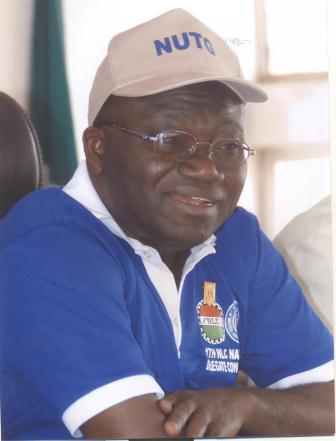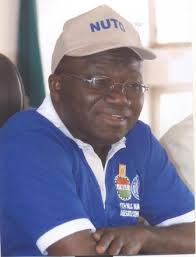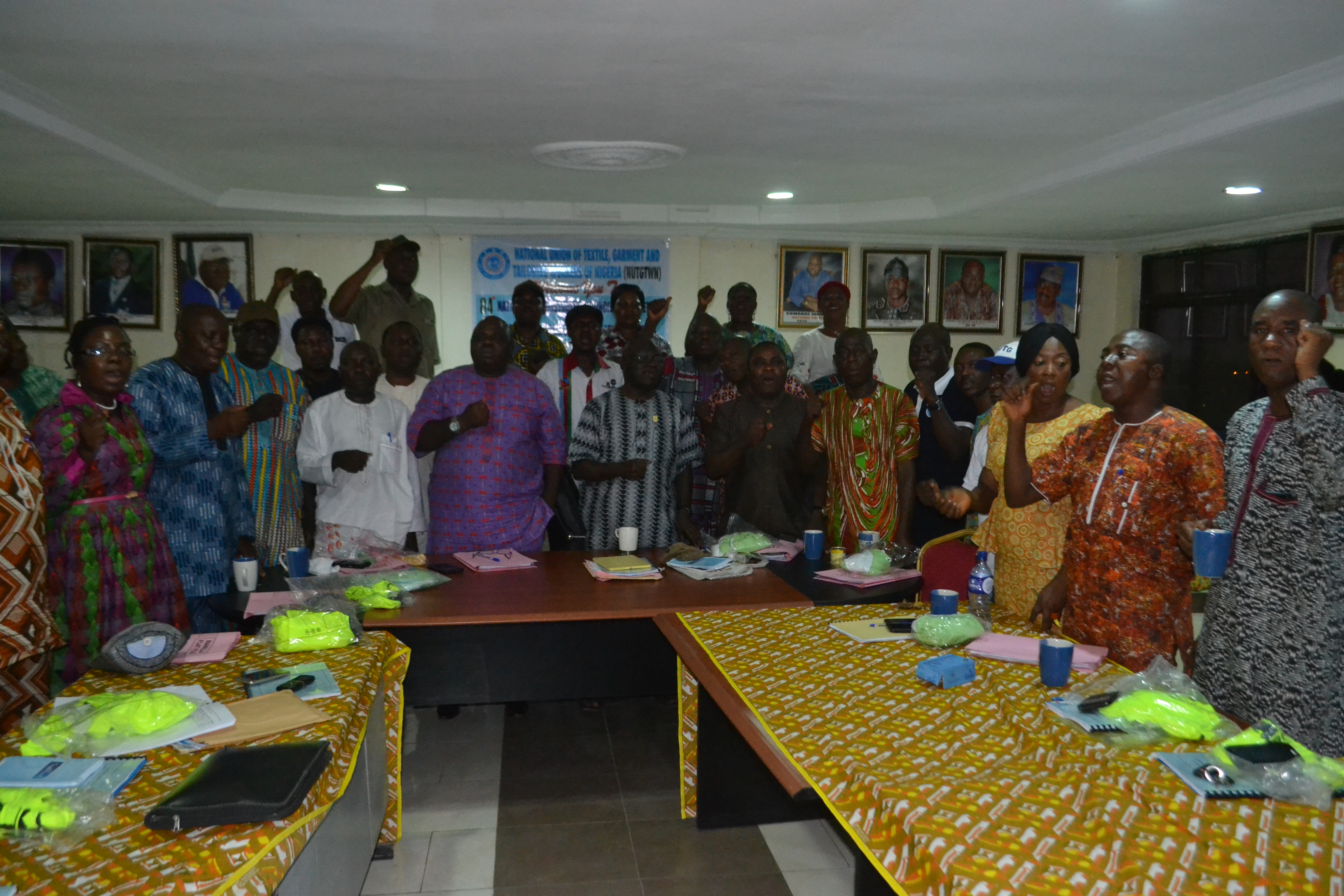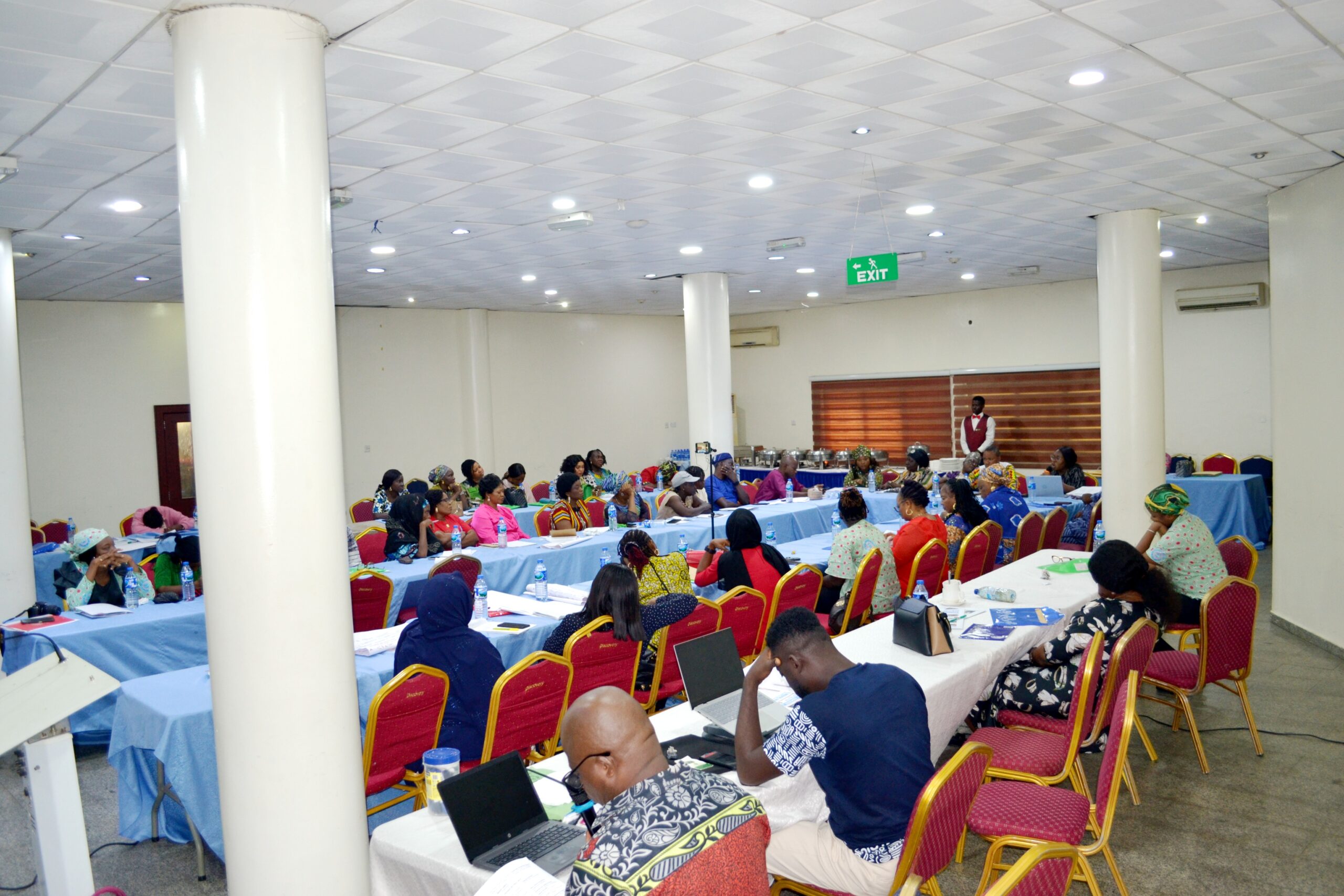
Last Thursday, 13th October in Abuja, the Federal Ministry of Industry, Trade and Investment in collaboration with the Bank of Industry convened an intensively rewarding one-day Cotton, Textile and Garment (CTG) stakeholders’ forum. The Forum was to achieve the following: To stimulate patronage of locally made fabrics and made ups (tarpaulin) especially by the uniformed personnel including school, Institutions, nurses etc through linkage of fabric producers with Garment Manufacturers; to create domestic market by encouraging the patronage of locally made products by government ministries, government agencies, parastatals, the military, paramilitary and the private sector of the Nigerian economy; to ascertain quality and source of raw materials available locally to identify possible linkages of producers and end-users; and development of the garmenting sub-sector for more mass production. Thursday’s forum was the largest gathering of stakeholders since similar forum was convened by the former president Olusegun Obasanjo in 2002.
Since the inception of democratic rule, from Obasanjo era to Jonathan era and the present Buhari administration, federal governments have demonstrated interest in reviving the industry, many thanks to the advocacy of the union. I recall that 2002 could very well be declared the year of textile revival. President Olusegun Obasanjo that year specifically devoted a whole weekend forum to ‘TEXTILES’. The outcome was refreshingly optimistic and revolutionary in its proceedings, its revelations and its possible resolutions of the identified problems of textile industry. Faced with ‘naked’ statistics of factory closures then, by stakeholders, the President agreed as much the industry was on the verge of total collapse.
The President announced a number of policy initiatives that included temporary suspension of importation of all fabrics to the country. A new certification arrangement was put in place to ensure that imported fabrics meet certain Nigerian standard in terms of price, quality and health of the citizenry. Genuine imports could only pass through two ports, namely, Apapa and Tin Can ports for verification by customs. Imports outside these ports were treated as contraband to be auctioned at 20 per cent of market value or be destroyed on account of sub-standard and harmful effects on human lives. The relevant agencies, namely Standard Organization (SON), Customs and FIIRO were to ensure compliance with the new policy. There was a Presidential Task Force headed by the then no-nonsense FCT minister, Mallam El-Rufai charged with apprehending smuggled textile fabrics and burning them. All these measures helped in halting the factory closures and even improving the capacity utilization of the existing survived factories. The reopening of UNT Plc. in 2010 after three years of closure (with close to 1,500 direct jobs currently) was due to these cocktail of measures pushed by BOI, CBN and government. Will this historic forum make a difference in the official effort to revive the industry? The importance of industry cannot be overemphasised. The key to real transformation, economic recovery and sustainable mass job creation lies in manufacturing, beneficiation and value addition. Abuja Forum, once again, stressed the significance of CTG to economic diversification. It was resolved that it was time for the sincerity of purpose on the part of government and all stakeholders. And it must start with the supply and pricing of basic inputs like gas. For instance prior to 2010 gas pricing was capped at 80% of equivalent LPFO price. The policy focused on Gas pricing to stabilize gas utilization for the domestic market (based industries, power, and commercial). The forum briefed by the NNPC Gas marketing unit resolved that Virtual gas pipelines (trucking) will be ready in two months to deliver gas to remaining surfing factories while efforts are being made to put in place physical pipelines in the long run. CBN Development Financing officer in attendance disclosed N50 billion loan earmarked for industry to facilitate the provision of facility including working capital. About N14 billion has been disbursed at interest rate of 4.5%. Loan amount is a maximum of N2 billion for a single obligor in respect of new facilities and N1 billion for refinancing. Clothing in Nigeria annually accounts for about $6.3 billion. There is therefore the urgent need for industrial visits (consumers) to establish quality and capacity of the remaining industries to meet domestic requirements. Refreshingly it is the new initiative to combat smuggling. Nigeria Customs Services, (NCS) has developed e-platform to facilitate monitoring activities of smuggling. On the shortage of cotton, it was a scandal to discover that out of the 52 ginneries established in Nigeria, only 17 are working. Cotton can be grown in 26 states of the country. There is therefore the need for states to support cotton growth. There is need to introduce high quality yielding cotton seed. In all, the forum resolved that there will be stakeholders meeting on high gas pricing and unacceptable dollar pricing for domestic industries. Gas pricing has implications for industry and there is need for appropriate pricing. There is disconnect between the Public Procurement Act and the political will. There is therefore need to patronize the locally made products. Federal and State Produce officers are to meet and synergize on the grading of cotton. There can be no industrilization without electrification. Therefore there is the need to ensure alternative sources of uninterrupted energy supply to industries. It was resolved that 60% of forex to be allocated by the CBN must go to the CTG sector. Finally, CBN is advised to monitor and enforce 60% of forex allocated to manufacturers. Are we about to witness the revival of the textile industries and creation of millions of sustainable jobs?
Issa Aremu
17th October 2016
General Secretary








